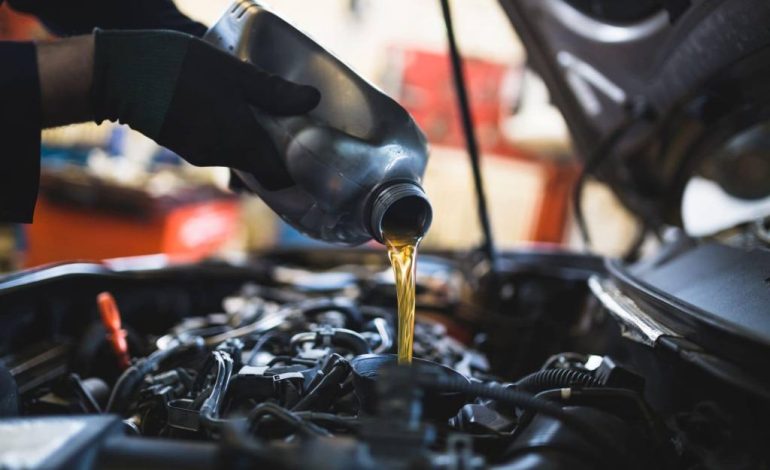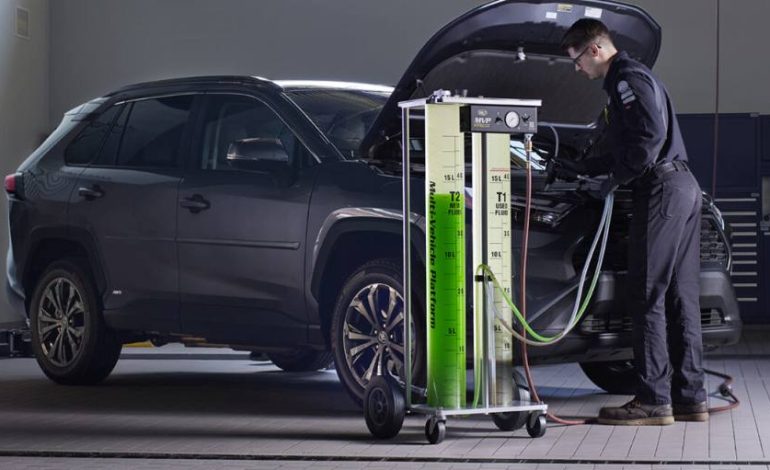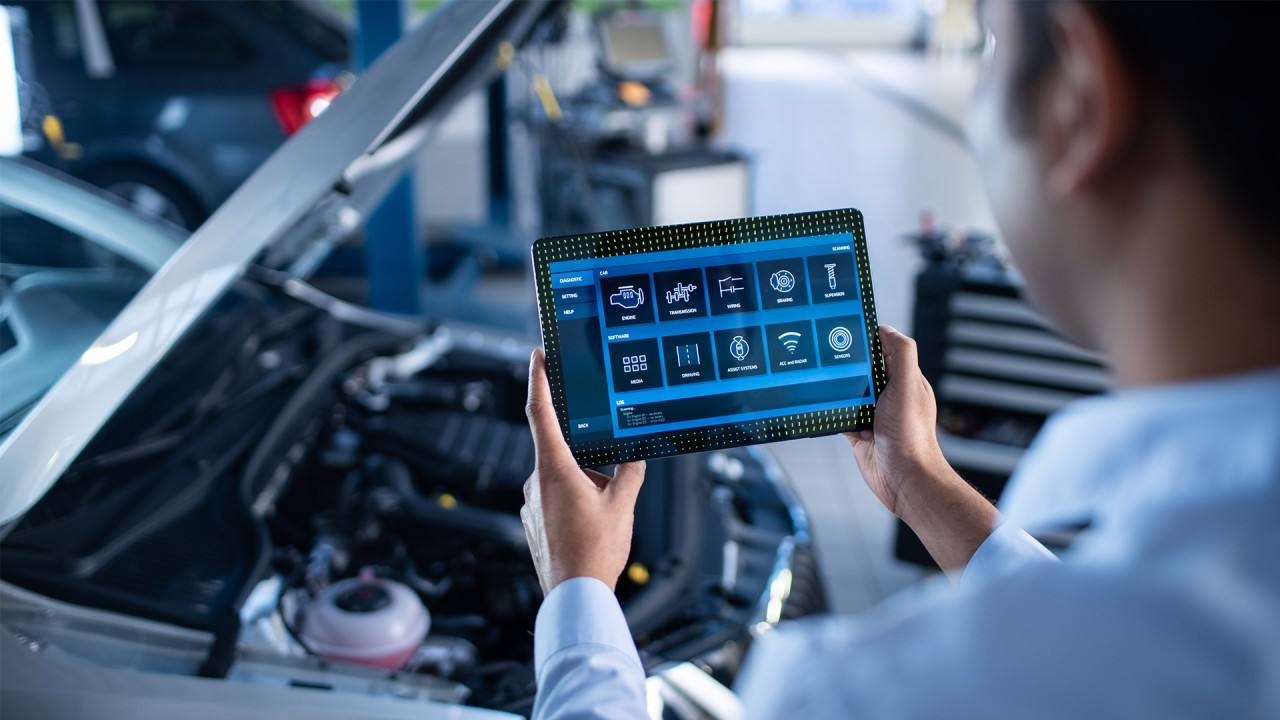What to Expect During a Comprehensive Auto Inspection
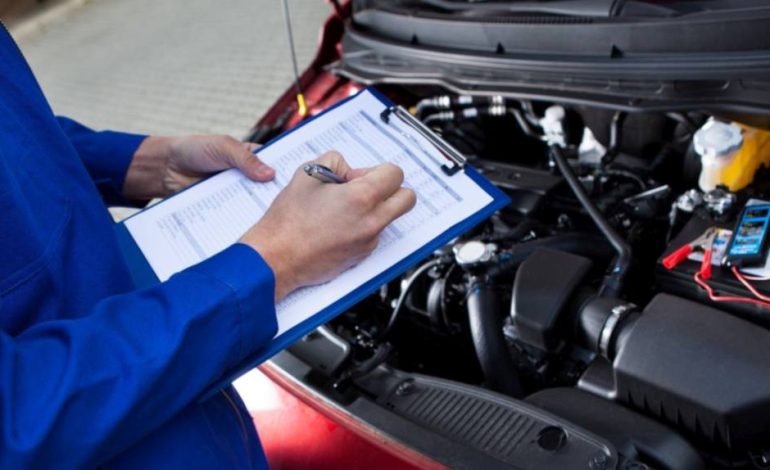
Taking your vehicle for a comprehensive auto inspection is a vital step in maintaining its safety, performance, and longevity. Whether you’re preparing for a long road trip, buying a used car, or just keeping up with regular maintenance, understanding what goes into a full inspection can give you peace of mind and help you better care for your vehicle. Here’s what you can expect when your car undergoes a thorough inspection.
Exterior and Structural Assessment
A comprehensive auto inspection usually begins with an exterior and structural assessment. The mechanic will examine the car’s body for signs of damage, rust, or corrosion that could compromise the vehicle’s integrity. This includes checking the condition of the paint, trim, and any signs of previous repairs. They’ll also look at the alignment of the doors, trunk, and hood to ensure everything fits properly and functions smoothly.
Another critical part of this assessment is the inspection of the windshield and windows. The mechanic will check for cracks, chips, or any damage that could impair visibility or worsen over time. Mirrors and exterior lights, including headlights, brake lights, and turn signals, will also be inspected to ensure they are functioning correctly and are in good condition.
Under the Hood Examination
The heart of any vehicle is its engine, and a significant portion of the inspection will focus on what’s under the hood. The mechanic will check the engine oil level and quality, along with the condition of other vital fluids like coolant, brake fluid, and transmission fluid. They will also inspect the belts and hoses for any signs of wear, cracks, or leaks that could lead to potential failures.
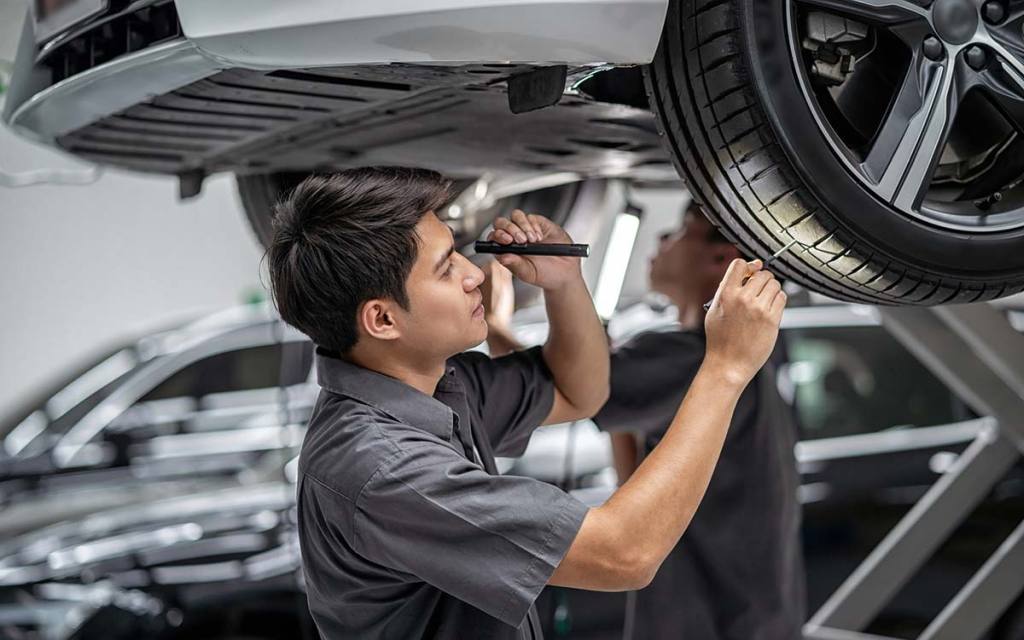
The battery is another critical component that will be tested to ensure it holds a charge and is not nearing the end of its lifespan. The mechanic will also examine the condition of the air filter, which plays a crucial role in maintaining engine efficiency. Spark plugs, ignition coils, and the exhaust system are also typically reviewed to ensure that everything is functioning optimally and that there are no signs of significant issues.
Brake and Suspension System Check
Your vehicle’s ability to stop and its overall ride comfort are directly tied to the health of the brake and suspension systems. During the inspection, the mechanic will check the brake pads, rotors, and calipers for wear and tear. They will also inspect the brake fluid levels and look for any leaks in the brake lines, which are crucial for ensuring that the braking system remains responsive and effective.
The suspension system, which includes components like shocks, struts, and springs, will be assessed for wear or damage. The mechanic will look for signs of leaks, rust, or other issues that could affect the vehicle’s handling and ride quality. Ensuring that these systems are in good working order is essential for both safety and driving comfort, especially in challenging driving conditions.
Tires and Wheel Alignment
No inspection would be complete without a thorough examination of the tires and wheel alignment. The mechanic will inspect the tires for tread wear, sidewall damage, and proper inflation. Uneven tire wear can indicate alignment issues or problems with the suspension system, which could affect the vehicle’s handling and fuel efficiency.
The wheel alignment itself is crucial for ensuring that the vehicle drives straight and that the tires wear evenly. Misaligned wheels can lead to poor handling and increased tire wear, which could result in the need for premature tire replacement. The mechanic will check and adjust the alignment as needed to ensure the vehicle operates safely and efficiently.
Conclusion
A comprehensive auto inspection is an essential part of vehicle maintenance that covers everything from the exterior and structural integrity to the engine, brakes, suspension, and tires. By understanding what to expect during this process, you can better appreciate the importance of regular inspections and how they contribute to the overall health of your vehicle. Whether you’re getting ready for a long drive or just want to ensure your car is in top condition, this inspection can help identify potential issues before they become serious problems. For more detailed information, you can always consult a reliable website or your local mechanic.

